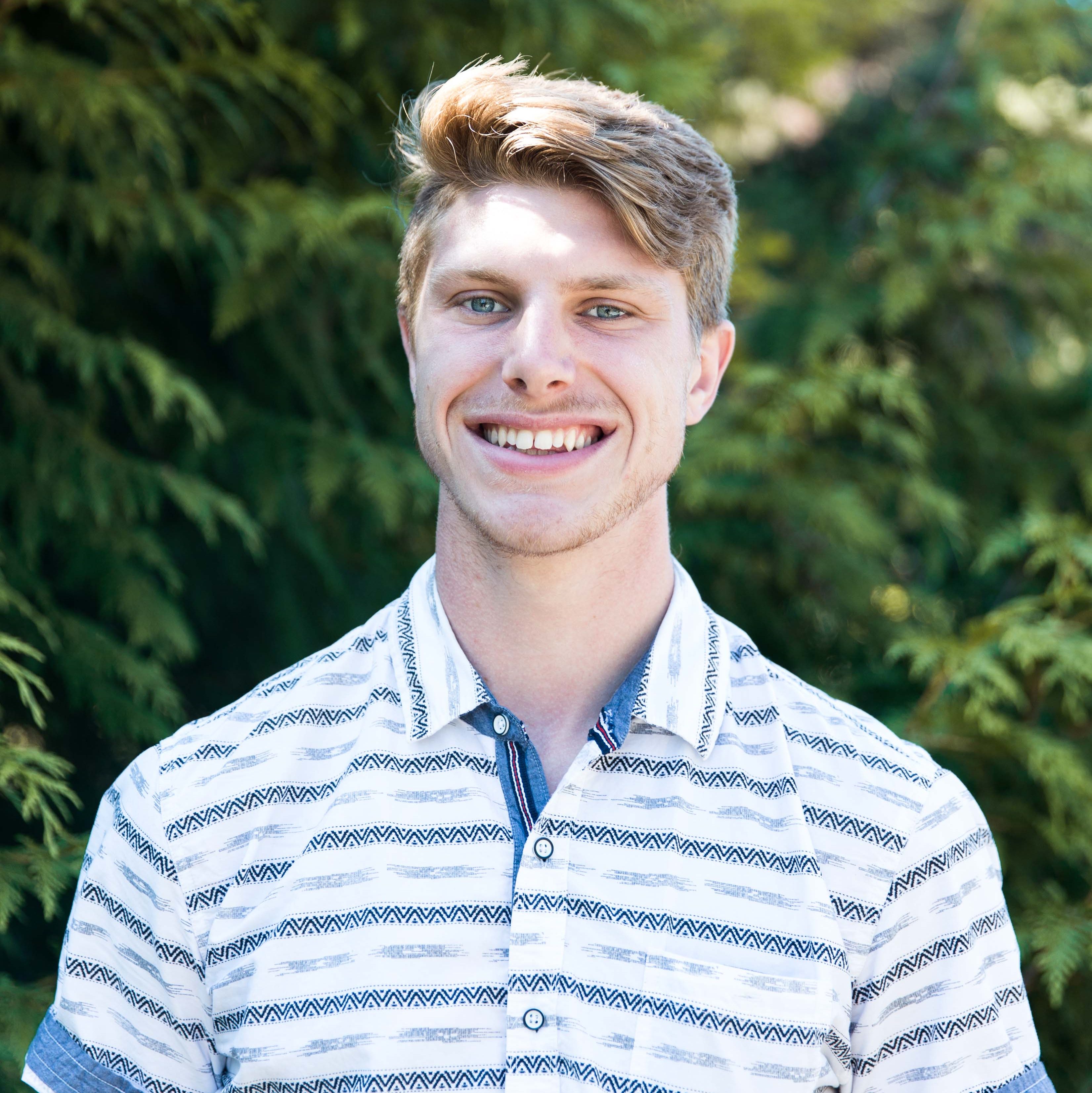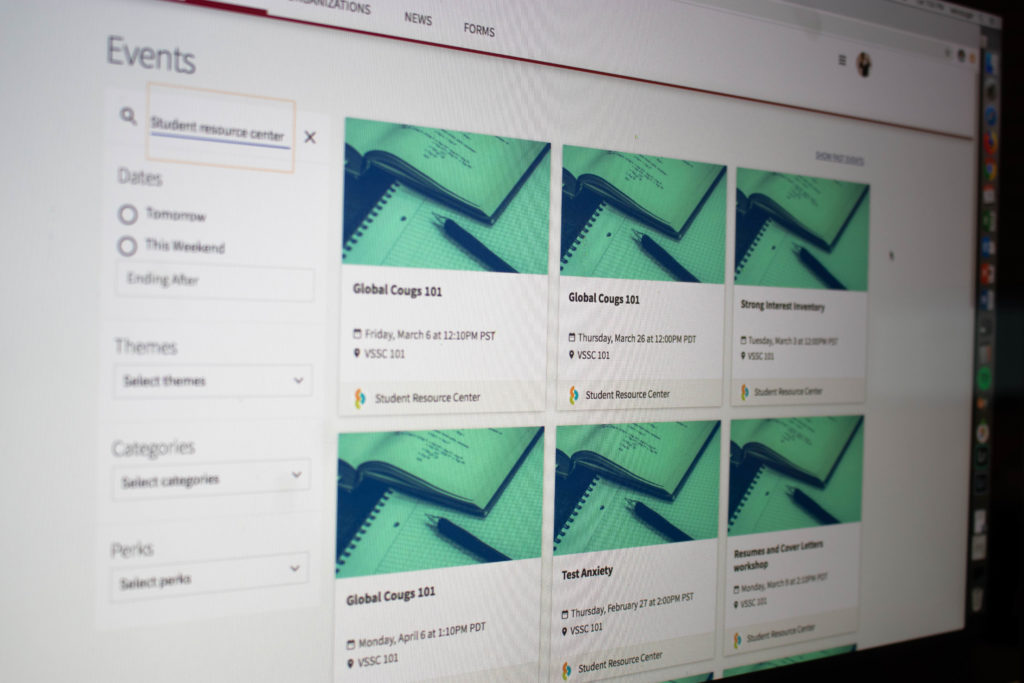To determine whether or not SRC workshops are worth it for a busy college student, reporter Brody Voge attended two workshops.
Editor’s Note: this article includes the opinion of staff reporter, Brody Voge. His experience may be different than yours.
On busy weekday afternoons, I took time to attend two workshops put on by the Student Resource Center. Entering a small classroom, I found a small handful of other students along with the workshop leader. College students are busy and their time is valuable. The SRC organizes workshops throughout the year, hoping to teach students skills to manage their day-to-day life, so I sat in to find out, are they worth your time?
The SRC considers what skills students need, including meeting deadlines, managing a social life and balancing school work with employment hours when creating the workshops. They aim to teach students skills they can take beyond their time at WSU Vancouver.

A recent workshop called Emotional Intelligence focused on giving students an understanding of their emotional responses and how to better manage them. Shyanna Reyes, the SRC program coordinator, organized this program after learning how to manage her emotional responses when she was a student.
The Emotional Intelligence workshop had approximately eight people in attendance. One student admitted their attendance gave them extra credit for a class.
“We are working with so many of our students on the academic side of things and so I thought let’s also work with them on the personal and professional development and so, gaining skills in emotional intelligence, learning what it is and being able to practice it is going to be something that will not only help them during their time here in school, but beyond that as well,” Reyes said.
Reyes explained it is common for students to leave thankful for the information covered during the workshop. Ken Thipsouvanh, a senior strategic communication major, attended the Emotional Intelligence workshop. He said the workshop was helpful, although he felt he already knew the information. Thipsouvanh said, however, that attending gave him a clearer understanding.
“I always thought I had a good read on people’s emotion, but I just realized after the workshop that I don’t capitalize on it, especially around family, even though I know what they’re feeling and what they’re thinking,” Thipsouvanh said. He explained that after the workshop, he can be more aware of how he affects his family and how he can impact them in a more positive way.
The other SRC workshop I attended was the Study Smarter, Not Harder workshop. Four other students participated in this workshop on the day I attended.
Bill Stahley, the SRC manager, walked students through the process of note-taking. He explained that note-taking can improve a student’s understanding of the subject and coming back to those notes frequently will allow students to retain knowledge. Research has found that after learning a concept in class, a student’s retention of that knowledge drops from 90% on day one, down to 10% on the seventh day, according to Stahley.
The workshop taught attendees that reciting information you are attempting to learn can improve your understanding of the information. Stahley referenced a book by Malcolm Gladwell titled, “The Tipping Point: How Little Things Can Make a Big Difference,” which explains in order to master something, you must spend 10,000 hours on it.
These workshops will likely be worth your time if you are a new or struggling student. They are also a great way to get involved on campus, network and get your tuiton’s worth of university resources.
However, in my own opinion, if you are juggling school work, a job, kids or just a personal life, and you feel well-equipped for college, I would suggest ditching the workshop. Instead, I might recommend using your limited time to visit with your professor during office hours and get one-on-one help and advice from them. Nonetheless, every student is different, and what works for me might not work for you.
Whether you want to master a subject, learn more about your emotional intelligence, beat test-taking anxiety or manage your time better, the SRC has workshops that might benefit you. Most workshops are small groups, which can help students feel more comfortable asking questions and engaging.
Workshops are usually scheduled for afternoons. SRC workshops can be found on the WSU Vancouver events calendar and CougSync.

Brody Voge is a junior at WSU Vancouver studying strategic communications.
